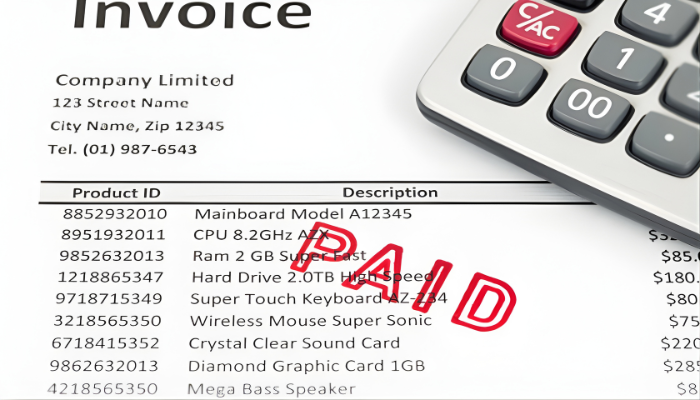
Have you been considering taking on a business loan to pay for some upcoming company expenses? If so, you're not alone. Business loans are a very common way for small company owners to get access to the funds they need to make repairs, purchase new equipment or hire new workers. However, in the current economic climate, many entrepreneurs are finding that taking on new debt is not the wisest course for them. Some are also having trouble qualifying for traditional bank financing due to issues with their credit or their business profits. One way to avoid unnecessary business debt is to use factoring as a way to increase cash flow.
What is Factoring?
Factoring is a cash advance arrangement where a business sells the value of its outstanding customer invoices to a third-party factor, which then advances them most of the invoices' face value in cash. At the same time, the factoring company begins the process of collecting payments from the customers. After the customers submit payment for the invoices, the factor sends the company the rest of their invoice amount after subtracting a nominal fee.
Why is Factoring Better than a Business Loan?
What makes factoring a better choice than a typical business loan from a bank? For one thing, there is no credit check required for the company owner. Instead, the factor will use the payment history of your customers as the collateral for the factor. This means that, even if your own credit has taken a hit, you can still qualify for factoring, as long as the customers whose invoices you'll be selling have a history of paying their accounts off on time.
Another way that factoring can be superior to a bank loan relates to the processing time of factoring. If you qualified for a corporate bank loan, you would have to wait several days or weeks before you could actually receive the funds. With factoring, though, the processing time is much faster. Some companies have received their funds in as little as 48 hours.
Factoring is also a better choice for some entrepreneurs because it does not require them to assume more debt. Since factoring is not a loan, there are no new debts that will count against the company's net worth. This means that, if a company owner decides to apply for a loan in the future, he or she may have an easier time qualifying since the amount of business debt will remain low.
Invoice factoring is an ideal choice for small businesses who need to increase cash flow but want to avoid new debts. By signing up for this arrangement, you can go ahead with your plans to expand your business without worrying about paying back another loan.















